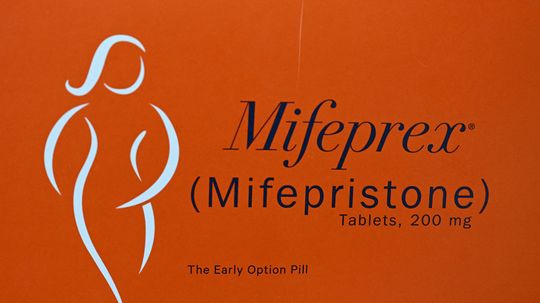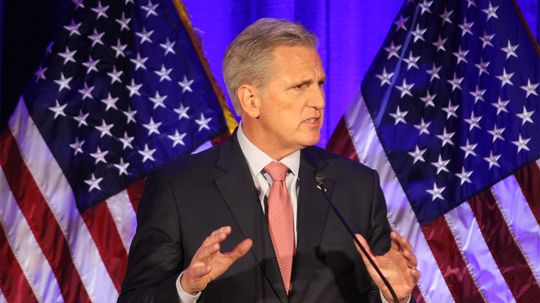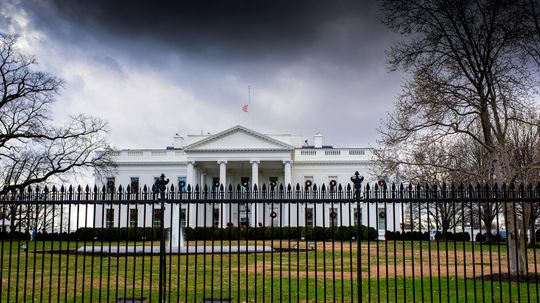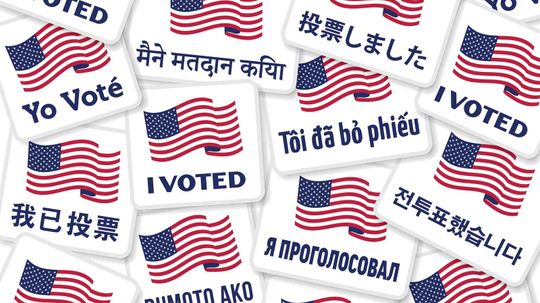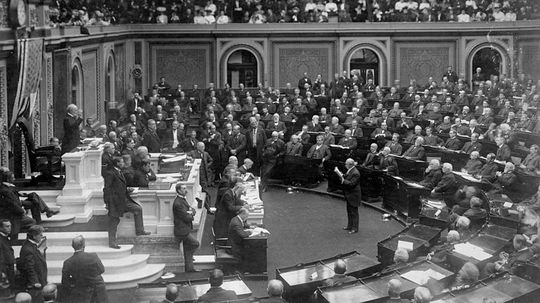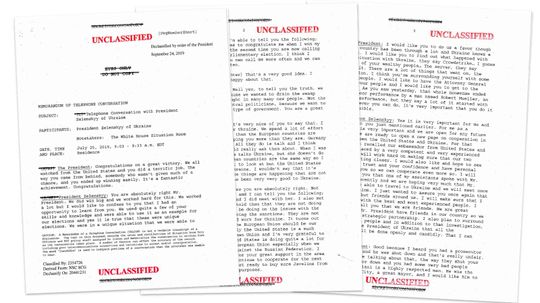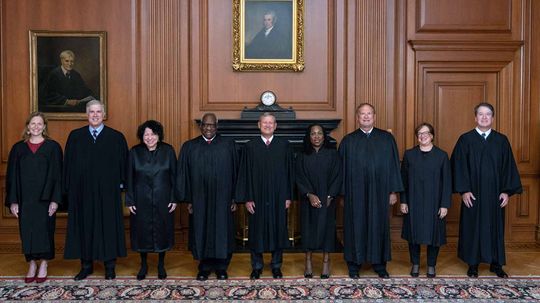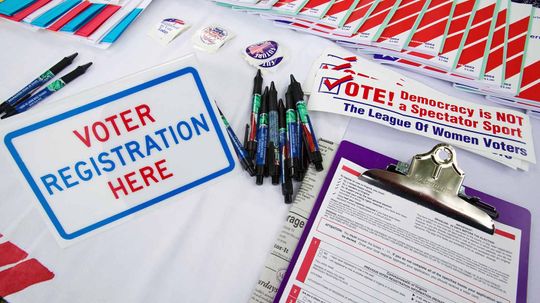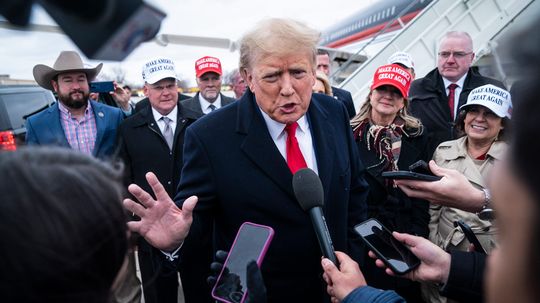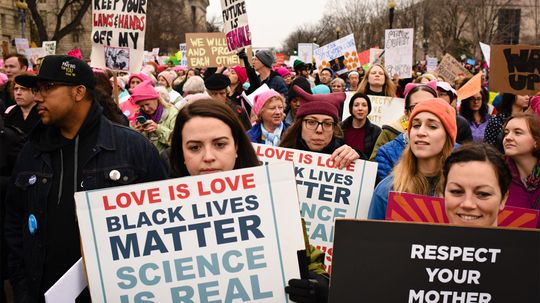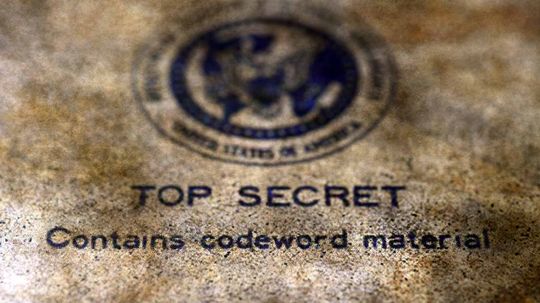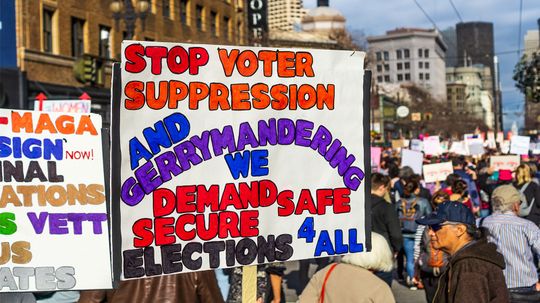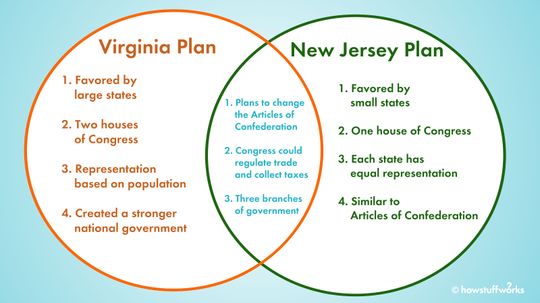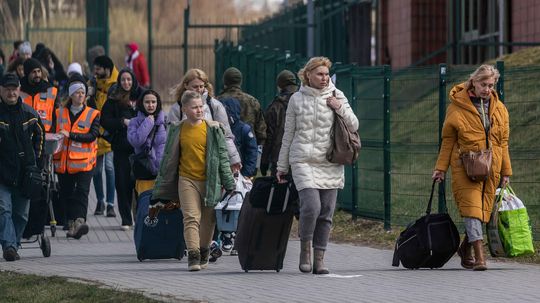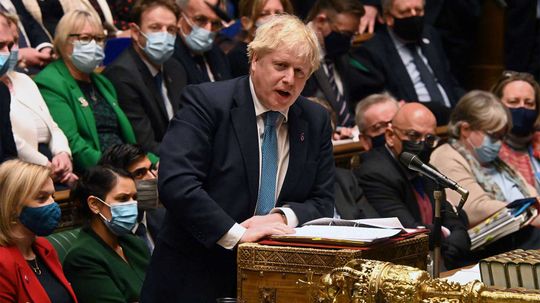Government
Government is a key part of any society and culture. Learn more about different types of government, politics and civic issues.

What Is a Postal Code? A Brief History of Zip Codes

From Human Skulls to Handguns, the Paris Lost and Found Has Seen It All

Running Antarctica's 'Penguin Post Office': Coolest Job Ever?
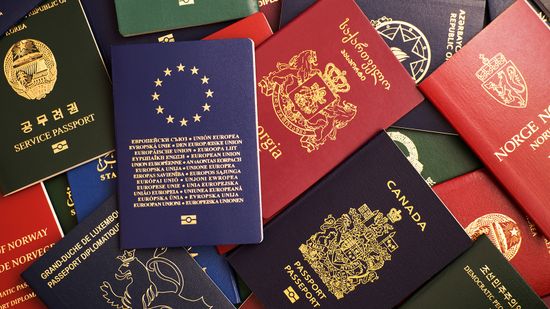
6 Easiest Countries to Get Citizenship
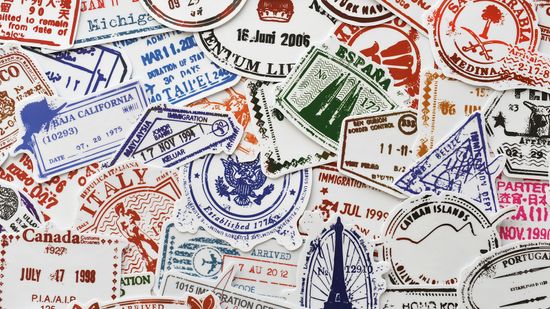
The Most Powerful Passport Comes From a Nation State
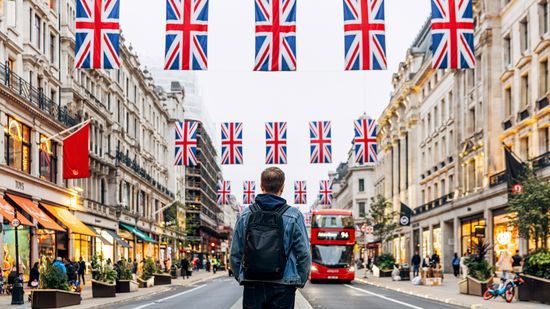
15 Largest Cities in England, Ranked by Population
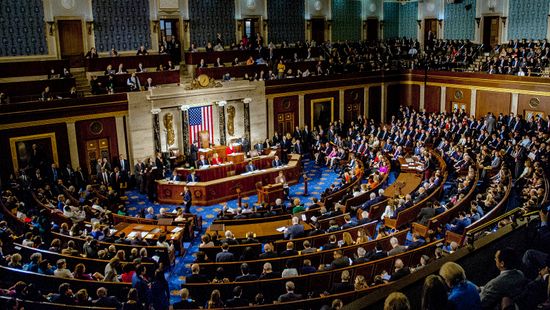
10 States With the Most Electoral Votes: NY's Fall to No. 4
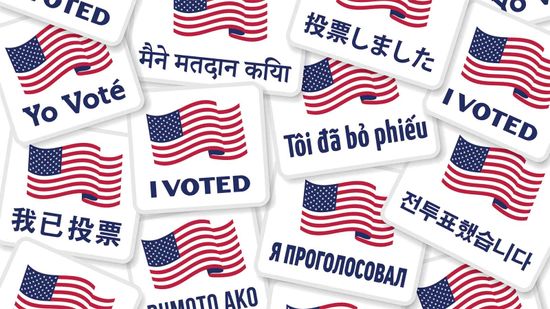
What to Do if Your Vote Is Challenged on Election Day
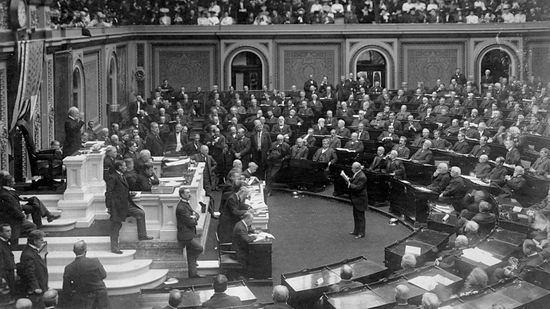
Why Does the U.S. House of Representatives Have Only 435 Seats?
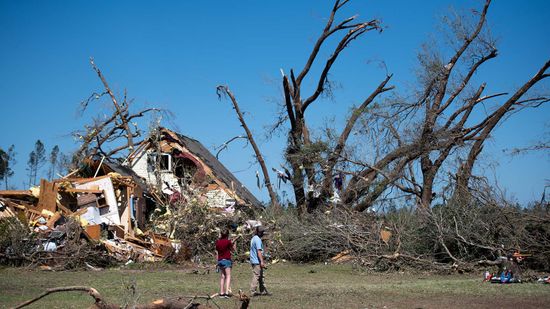
Is the U.S. Prepared to Handle Natural Disasters During the COVID-19 Pandemic?
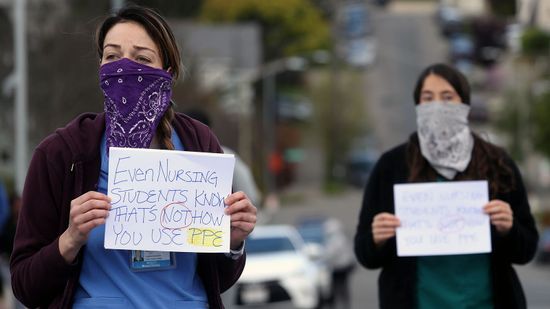
The Defense Production Act Was Designed for Emergencies Like Coronavirus
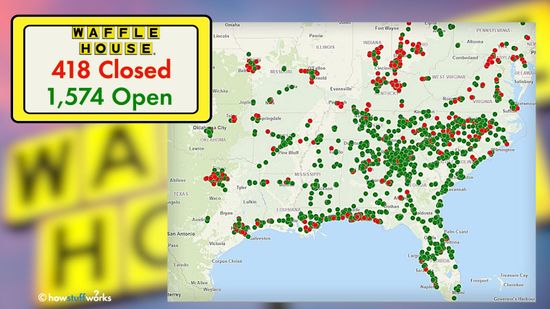
The Waffle House Index Is at Code Red; That's Not Good
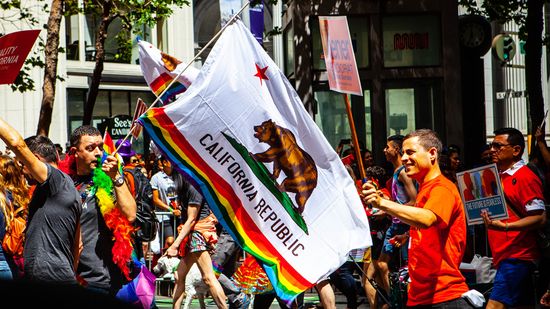
8 Most Liberal Cities in the U.S., Including 2 Not on the Coasts
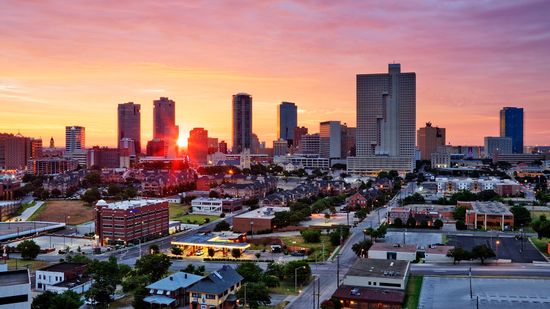
7 Fastest-growing Cities in the U.S.: San Antonio, Phoenix, and More

10 Seattle Neighborhoods to Settle Into
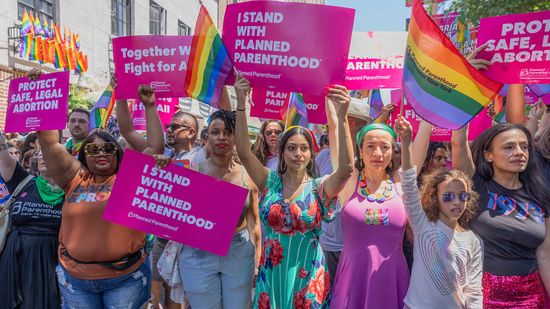
10 Abortion-friendly States in a Post-Roe v. Wade Nation

12 Best Countries for Women (Only 3 Are Outside Europe)

Democratic Socialist vs. Socialist: Comparing Political Ideologies
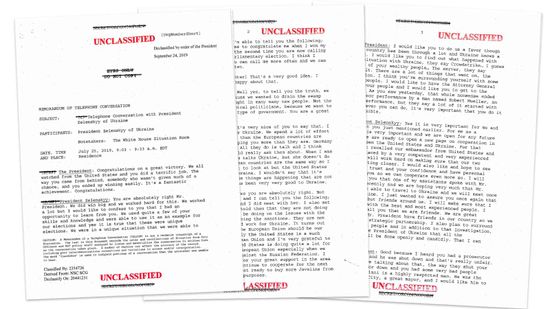
How Does the U.S. Government Declassify Top Secret Documents?
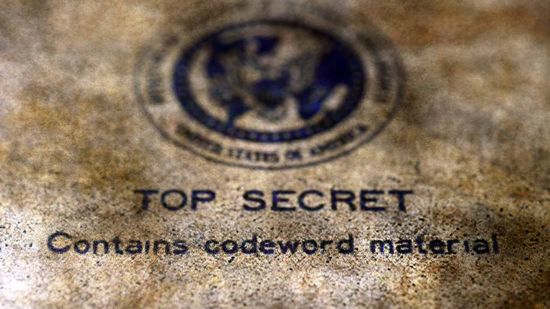
How Does the U.S. Classify Its Most Sensitive Documents?
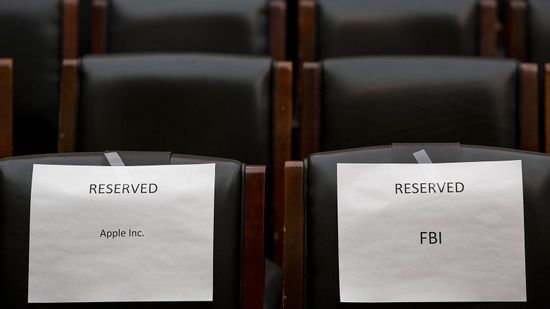
Why Data Encryption Remains a Really Complex Issue
Learn More / Page 3
The Comstock Act, pulled out of Victorian-era mothballs, is suddenly in the public spotlight, and has become the newest weapon in the fight against legal abortion in the U.S.
Human skulls, a Napoleonic-era saber, decades-old prosthetic legs and a telescope from Victorian England - they all live on the shelves of the 220-year-old Bureau of Found Objects in Paris, France.
By Kate Morgan
The speaker of the House occupies a central role in our government, but what exactly does the job entail?
Advertisement
Every few years, a group of White House historians and scholars rank America's presidents in order. The "winner" of the worst president ever category has been pretty consistent.
By Kate Morgan
With abortion rights under attack today, we take a look back at the days when safe abortions were nearly nonexistent and at the collective of women who stepped in to provide them.
By Kate Morgan
The midterm election is just days away. If you haven't already voted, you need to head to the polls prepared so you know your vote will be counted on Election Day.
That's about one House member for every 761,169 people, which is far less representative than when the nation was founded. How can that be changed?
Advertisement
After only 44 days in office, Liz Truss has resigned as British prime minister. What does this mean for the future of the U.K. and who will take her place?
There's a dream job for everyone, and sometimes that's almost everybody else's nightmare job. Meet the four women who will run the "penguin post office" in Antarctica.
The FBI's seizure of top secret files from Donald Trump's Florida home shined a spotlight on the declassification system. How does the process work and who decides when something is no longer top secret?
Affirmative action, LGBTQ rights and election laws are all on the Supreme Court's new docket. And how SCOTUS rules stands to change many Americans' lives. Here's what to expect for the 2022-2023 session.
Advertisement
American TV viewers are bombarded with political ads during the ever-longer campaign season. But do these ads really make a difference to voting habits?
By Dave Roos
Kansas, Missouri and Florida are among several states that have passed laws that voter registration groups say put volunteers at risk and make registering to vote more difficult.
Chosen by the Conservative Party, Liz Truss succeeds Boris Johnson to become the U.K's prime minister, the 15th to serve under Queen Elizabeth.
In the U.S., the bar for running for president is deliberately set low - only age and citizenship rules are written into the Constitution. Still, are there any laws that would bar a felon from running for the highest office in the land?
By Dave Roos
Advertisement
Is it millions of marchers with clever signs and slogans, or does effective protest take more than just raised voices and collective outrage?
There are three levels of security classification for U.S. documents related to national security. What are they and who decides how they're protected against unauthorized disclosure?
The FBI searched Mar-a-Lago for missing White House documents on behalf of the National Archives. How did they even know what to look for?
The U.S. Supreme Court has agreed to hear a case that could give state legislators almost complete control over federal elections, which some experts fear could establish one-party rule and endanger democracy.
Advertisement
When the Articles of Confederation failed, the Constitutional Convention of 1787 became a contest between large states and small states for equal representation.
The battle over abortion in the United States rages on. Will abortion rights decisions be moved to the states if the leaked Alito opinion is adopted by the Supreme Court?
Is the U.S. a democracy or a republic? Or both? And what's the difference, anyway?
By Dave Roos
Research shows that generations of refugees, whether displaced because of war, climate or famine, may no longer want to return to the place that was once home, even after it is safe to do so.
Advertisement
This group of men has enormous wealth, and they make up Putin's inner circle. Do they also have any chance of toppling Putin's regime, as well?
The United Kingdom and the United States both have representative democracies, but their legislatures work very differently.
